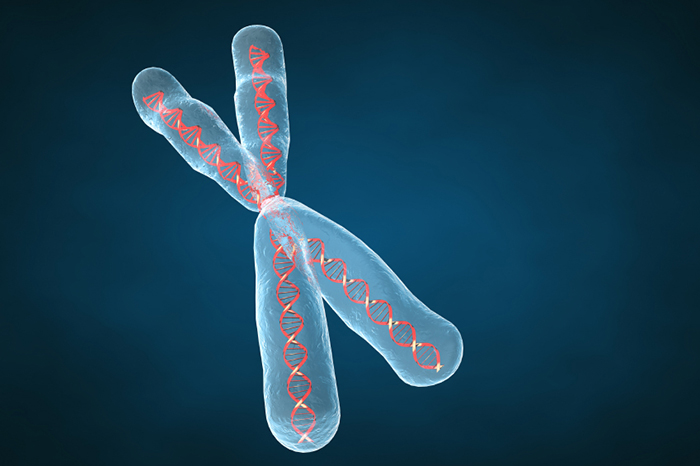Plan aims to help coordinate research and maximize resources

The Trans-NIH Fragile X Coordinating Committee, led by the Eunice Kennedy Shriver National Institute of Child Health and Human Development (NICHD), invites scientists, advocacy and family groups, representatives from federal and local agencies, and others to provide comments and suggestions on its draft Strategic Plan for Research on FMR1-Associated Conditions (PDF 516 KB). The comment period for the draft plan runs until June 21, 2019.
Fragile X syndrome (FXS), the most common inherited cause of intellectual and developmental disability, results from changes in the FMR1 gene on the X chromosome. Two other conditions are also known to be related to the FMR1 gene: Fragile X-associated Tremor and Ataxia Syndrome (FXTAS), which causes problems with movement and the nervous system in middle-age and elderly adults; and Fragile X-associated Primary Ovarian Insufficiency (FXPOI), which leads to infertility and early menopause in women.
The current draft focuses on NIH research activities for all three known FMR1-associated conditions, as well as research on the FMR1 gene, mutations that affect the gene’s function, and the role of the FMR1 protein in the development of these conditions. The plan aims to coordinate activities across institutes to reduce duplication of effort, maximize resources, and provide a more comprehensive picture of the FMR1 gene and its health effects.
Through its Intellectual and Developmental Disabilities Branch (IDDB), NICHD coordinates FMR1-related research across the NIH. In 2009, IDDB spearheaded development of the first trans-NIH research plan on FXS and its related conditions (PDF 440 KB). NIH has made progress toward achieving the goals of the initial plan and now looks to the scientific, advocacy, and other interested communities to help inform a revised framework for this research.
Please send any comments to fragilexplan@mail.nih.gov by June 21.

 BACK TO TOP
BACK TO TOP